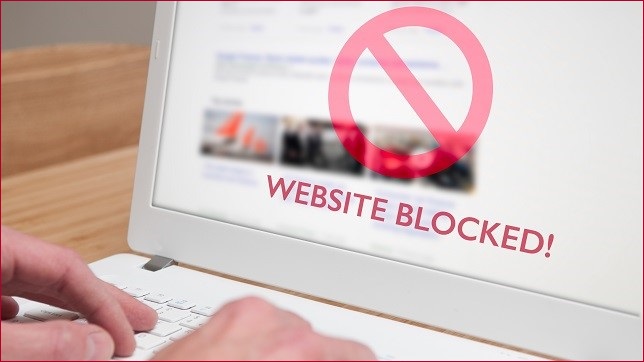The government will continue blocking websites that host videos of the Christchurch massacre.
Communications Minister, Paul Fletcher, told journalists on Sunday that the eSafety Commissioner is also developing a protocol for blocking content, should a similar event happen in the future.
“I don’t want to be naming individual websites, not least because I don’t want to be giving them any publicity. But I want to make it clear there’s a very high threshold before this power is used,” he said.
“It has to meet the standard of being abhorrent violent material or extreme terrorist content.
“Now I think most Australians would agree that a video taken by somebody in the course of murdering over 50 people and then circulated online by him, meets the test of abhorrent violent material.
“Ultimately this will be a judgement to be made by the eSafety Commissioner, that’s an independent statutory office, and she will exercise her judgement, consistent with her mission of keeping Australians safe online.”
Section 581 of Telecommunications Act gives the eSafety Commissioner the power to “give written directions” to carriers or service provider in order to perform her role which includes monitoring illegal online content.
Shadow Home Affairs Minister, Kristina Keneally, told Sky News she welcomed the government’s decision.
“What we do know from evidence that has come before the Parliamentary Joint Committee on Intelligence and Security is that this is a complex problem,” she said.
“While we have a lot of focus on lone wolves, people don't get radicalised on their own, they do get radicalised in a community and that is often online. But there is some risk here.
“I mean, some people in these chat rooms, they like the idea of being banned. It's almost like a form of e-martyrdom.”
Creating accountability
The decision coincides with Scott Morrison announcing, at the G7 summit, a partnership that aims to make tech giants more accountable for how they respond to violent extremist material.
“I’m very pleased to say that Australia, together with New Zealand and the OECD, is funding a project to develop voluntary transparency reporting protocols on preventing, detecting, and removing terrorist and violent extremist content from online platforms,” he said.
“Together we will do our best to make sure the internet cannot be a safe haven for terrorists or violent extremists to recruit, prepare terrorist acts, or promote their abhorrent propaganda.”
Essentially a best-practice procedure, Morrison hopes to see “regular and transparent public reporting” from social media giants.
“Digital industry will benefit from establishing a global level playing field,” he said.
“The project will assist to reduce the risk of further unilateral action at national levels, avoid fragmentation of the regulatory landscape and reduce reporting burdens for online platforms.”
Following the failure of Facebook to successfully limit the spread of the Christchurch massacre video, Australia joined a host of nations and tech companies in calling for better methods of combatting online extremism.
Websites that promote hardline digital libertarianism have since been targeted for flagrantly disregarding global community standards around the propagation of hate speech and extremism.
Earlier this month, image board 8chan was taken offline after a series of US mass shootings were announced on the website before taking place.
A week later, owner of the 8chan, Jim Watkins, said on YouTube that the website would go live again after administrators speak with Homeland Security in early September.
“We’re not offline because of government force,” he reassured commenters.
“This is not a First Amendment issue.
“But what is a First Amendment issue is the fact that the government’s blaming me, and that’s why I have taken it off.”










